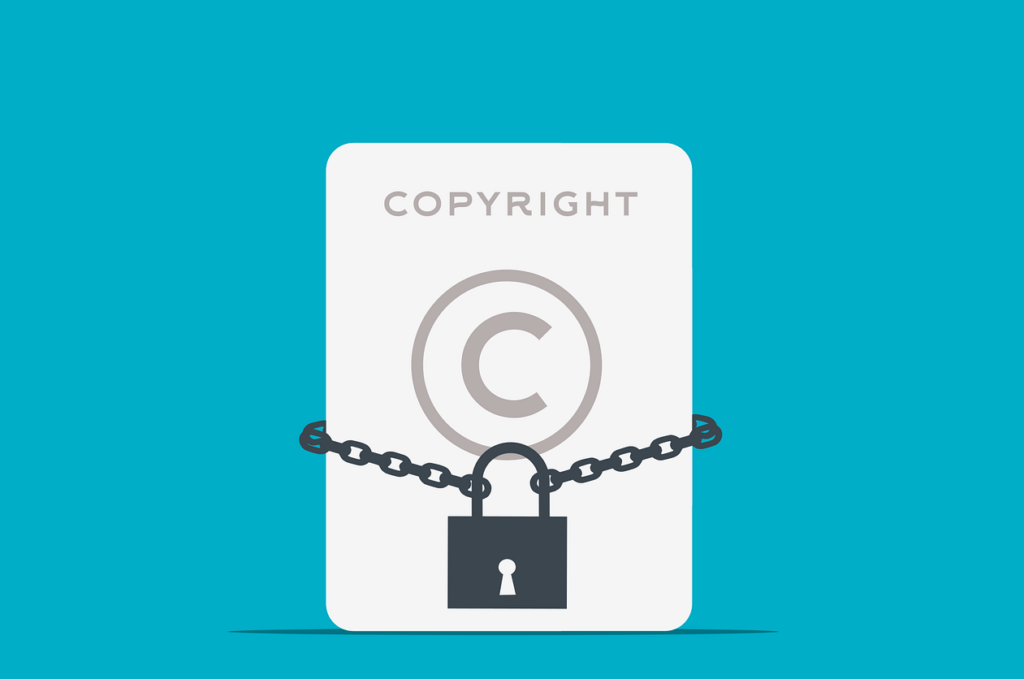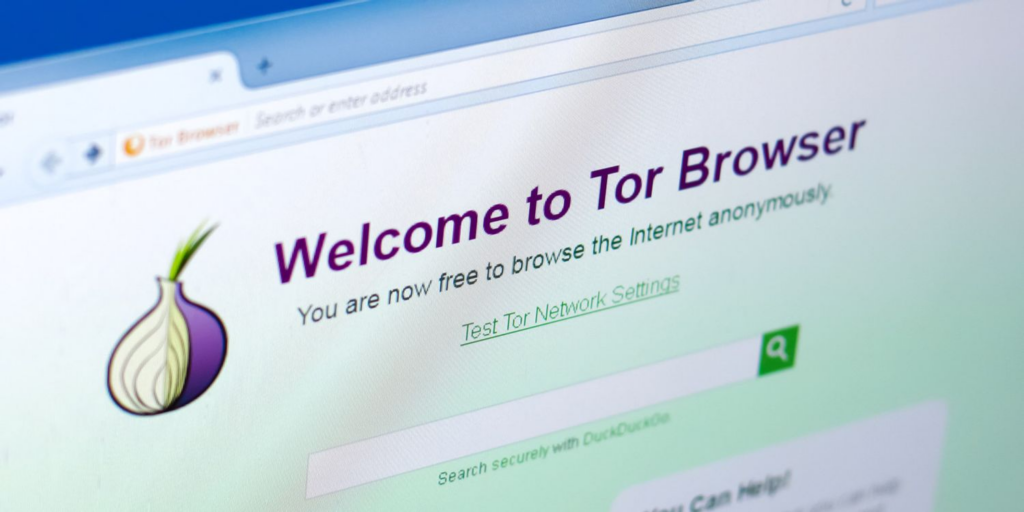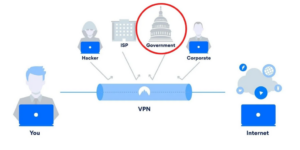Everything You Need to Know About Geo-Blocking

Everything You Need to Know About Geo-Blocking
Companies may limit your access to their services based on your location. How does this operate, is it unjust, and what can you do about it? So what is Geo-Blocking?
Have you ever attempted to access Hulu, Netflix, or another website only to be greeted with the statement “This content is not accessible in your country?” This is known as geo-blocking or geo-restriction, and it is typically inconvenient to deal with. Geo-blocking has a number of advantages for businesses, but it can also prevent you from accessing the content you want.
So, why are you geo-blocked; and how can websites and digital services even know where you are? In this piece; we’ll go over all of that and explain what you can do about it.
What Is Geo-Blocking?
Geo-blocking; also known as geo-filtering. This is the practice of preventing or restricting access to content depending on the user’s geographic location. Geo-blocking works on many forms of information. Including websites, publications, and web services. But it’s most noticeable when it comes to videos. Geo-restrictions are used by video-sharing sites and streaming services. Such as YouTube, Netflix, and Hulu. They restrict access to some of their content to users from specific locations.
Geo-filters can be applied to countries, cities, and sometimes even buildings and offices. The level of filtering varies depending on the service. Some services allow you to browse their content. But not watch it. Others will completely hide the content in your region.
What Is the Process of Geo-Blocking?

An IP address is a unique numerical identity assigned to each machine on the internet. When you visit a website, your computer communicates its IP address to the website’s server, which tells it where to return the requested information.
When you sign up with an Internet Service Provider; you are assigned an IP address (ISP). This IP address can identify the geographic location of your device with varied degrees of accuracy. Your IP address is used by online services to determine if you are permitted to read their content. As a result, if you try to request content from an IP address; that is not on the approved list, they will deny your request.
Even if you pay for a premium service, geo-blocking can occur. For example, if you live in the United States and have a Netflix subscription; you can watch the content as long as you are within the country’s borders. You won’t be able to access the same Netflix collection if you go on vacation or travel to different countries for work.
Is Geo-Blocking Legitimate?
Geo-blocking is still legal. No matter how inconvenient it can be. It’s a method for media firms to enforce legal contracts that are geo-restricted. It’s prevalent among media companies. Because broadcasting rights for TV shows and movies differ by country. While this is all well and good; other factors may drive businesses to limit services based on location.
The Goal of Geo-Blocking
Geo-blocking is used by content creators and media businesses for a variety of reasons. We’ve highlighted a handful of them below.
Copyright & Licensing

Geo-blocking is most commonly used to protect licensed or copyrighted information. A licensing agreement grants one party the right to utilize licensed content for the purposes specified in the agreement. It allows content creators to commercialize their properties such as movies, TV shows, music, books, and other media. To comply with licensing agreements; content producers (media corporations) set geo-restrictions.
Market Segmentation
Geo-filtration is a technique used by some multinational corporations to divide the world into separate market sectors. This may not result in access restrictions; but rather in a change in website content dependent on your location.
Businesses can use geo-blocks to charge users from different locations different prices for the same service. This is a common technique in the media, tourist, and retail industries. Netflix, for example; may charge more for the identical services in one geographic zone than in others.
Limiting Illegal Content
Geo-blocking may be used by governments to prevent unlawful content such as porn and gambling. Repressive regimes also employ this technology to restrict the internet. In mainland China, the Chinese Communist Party is infamous for its severe censorship. It prevents users from visiting prominent websites. such as Google, Facebook, Instagram, & YouTube. These websites have local versions that are more willing to cater to their government’s desires.
3 Ways to Get Around Geo-Restrictions
Users who want to access banned content can use a variety of tools and approaches to circumvent geo-blocks. We’ll go over a couple of them below.
1. Make use of a VPN
Because your IP address is the foundation of all geo-blocking, you’ll need to conceal your true IP address if you want to get around the restrictions. A Virtual Private Network (VPN) replaces your real IP address with one from a different location. When you connect to your selected server, your traffic seems to come from the VPN server location rather than your home server.
When utilizing a VPN, ensure that it has superior security features and encryption mechanisms in place to keep your identity hidden. If you’re not sure which VPN to use, consider ExpressVPN, which has fast connection speeds and military-grade security.
2. Make use of a proxy server
Proxy servers also can use to circumvent geo-restrictions. A proxy server works as a middleman between you and the host server rather than changing your IP address. It only operates at the application level, which means that it only reroutes traffic for the individual application for which you configure it. In terms of security and performance, proxy servers fall short of VPNs.
3. Employ the Tor Browser

Using the Tor browser is another technique to evade geo-blocking. It’s a specialized browser that uses anonymous routing to connect to the Tor network. The Tor browser secures user data with multiple layers of encryption. This complicated encryption process, however, can slow down your internet connection.
Is Geo-Blocking Beneficial?
Although geo-blocking has legitimate use; it is vulnerable to abuse. It can be used by repressive regimes. And corrupt officials to discriminate against and manipulate the population. Geo-blocking may never go out of style; but you don’t have to put up with it all the time. You can view your favorite stuff without worrying about location restrictions if you use a good VPN.


